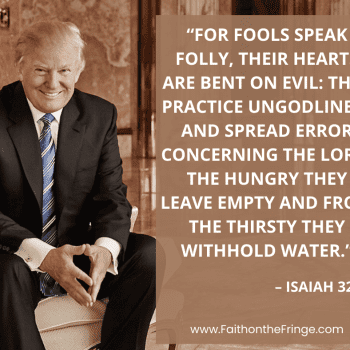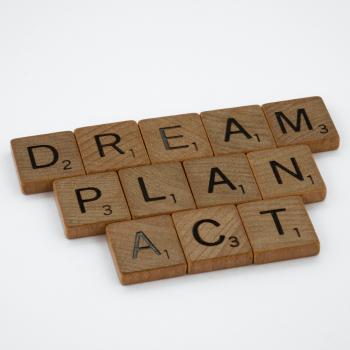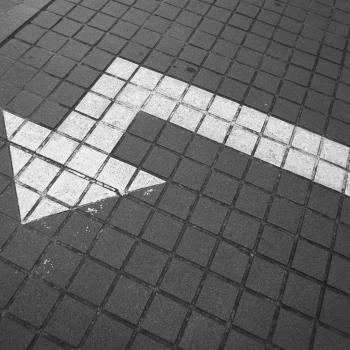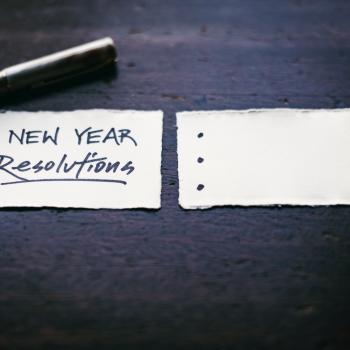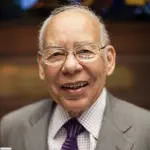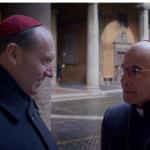The Two Circles are about the blurred lines between freedom and control. In our attempts to control others by withholding affection and casting blame, we shackle ourselves. We stick our influence in a drawer and cover it with layers of self-justification. We tell ourselves avoiding the dangers is what true freedom is. All the while, our influence is muzzled and our souls are crying out for more.
The reality is there are only three things we can control. If we find ourselves in The Victim Circle, the only way to get out is by addressing one of these three things. There are billions of people on the planet. Yet for each of us, we can control these three specific things for just one of those billions of humans. And that’s it. The rest is up to other factors beyond our reach.
We can control our attitude, our choices, and whom we trust. That’s it. That is the entire list.
Joey was a youth pastor for many years. He would often have to counsel teens in conflict. One teen might have made a joke the other didn’t like and snapped. The second teen then called them a name. The first teen then goes to a friend and says Teen Two is a jerk or a moron or something worse. Each teen takes turns spreading rumors and hurling insults. Years later, they are mortal enemies and nobody can even remember why.
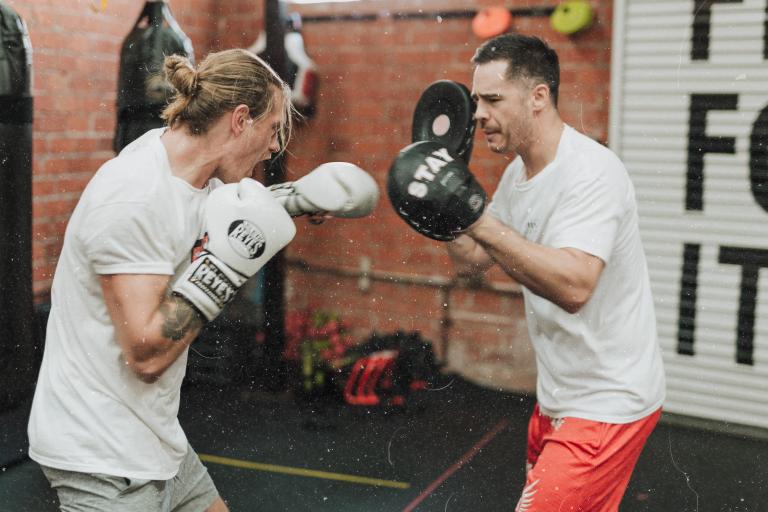
It is like our culture consists of two people taking turns slapping each other in the face. One person says “Hey! He just slapped me”. And feels justified to slap back. Then the second person says, “Hey! That jerk just slapped me.” And they feel they have to slap back to control the other and “not let them get away with this”. And we just stand across from one another, red in the face, taking our blows and giving them, not realizing that if one of us used influence in a better way, the whole cycle could end.
Attitude/Perspective
In our marriage, we often blame one another. Especially when attitude is concerned. Joey might say, “Kylie made me angry today.” Or Kylie might say, “Joey’s acting like a jerk and it is putting me in a bad mood”. We feel as though attitude is reactionary. We have no choice but to think/feel a certain way because of what has happened.
By taking control of our attitude, we wield influence over our own character. Joey can see that Kylie’s actions are triggers and may cause very real pain or annoyance, but the attitude he adopts is up to him. It is something Joey has to own.
A perspective shift is not impossible. For Joey to think, “I know she had a hard day and the cause of her action wasn’t to hurt me” or “That really hurt, but I am going to forgive her and not internalize it”. He can acknowledge the reality of external circumstances without giving them control.
We have to own our attitude. And our perspective. They are decisions we own. There are more options than we often consider – forgiveness, etc.
Choices
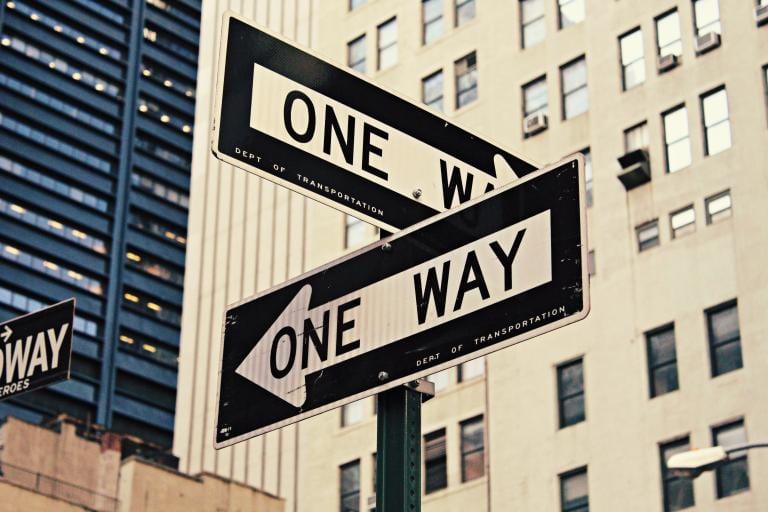
Similarly, ownership of our choices is within our control. Joey liked to think he had no choice because of the choices others were making. He surrendered his influence.
We can chose to offer olive branches instead of exchanging punches. We can chose to exchange punches. The choice is wholly within our control.
External circumstances can limit our choices. Viktor Frankl talks about this in Man’s Search For Meaning. He talks about how heartbreaking it was to see inmates stealing from one another and oppressing one another, trying to escape their pain by becoming the perpetrators. Other inmates chose to care for one another. They chose character in impossible situations. From Anne Frank to Corrie ten Boom, we see lots of examples of the power of choices to influence the world for good, even in the most tragic of circumstances.
The world is a crazy place. Hurtful things happen. People damage us whether they mean to or not. The Circle of Choice is not about ignoring those things or being passive about injustice. It is about acknowledging the realities of circumstances, but then focusing on the question: “What are you going to do?”
Whom We Trust
![]()
We want so desperately to be liked and affirmed that we give authority to every negative voice around us. We crumble at social media comments. We are newly offended (and seemingly surprised) each time an enemy insults us.
But we can control what we trust and what we don’t. It is perhaps the most powerful ingredient to character and leadership development. Where do we place our trust?
As we struggle to deconstruct our long tenure in the Victim Circle, we can start to pay attention to the three things we can control. Brick by brick, we shift our attitudes, choices, and trust into The Circle of Choice.


